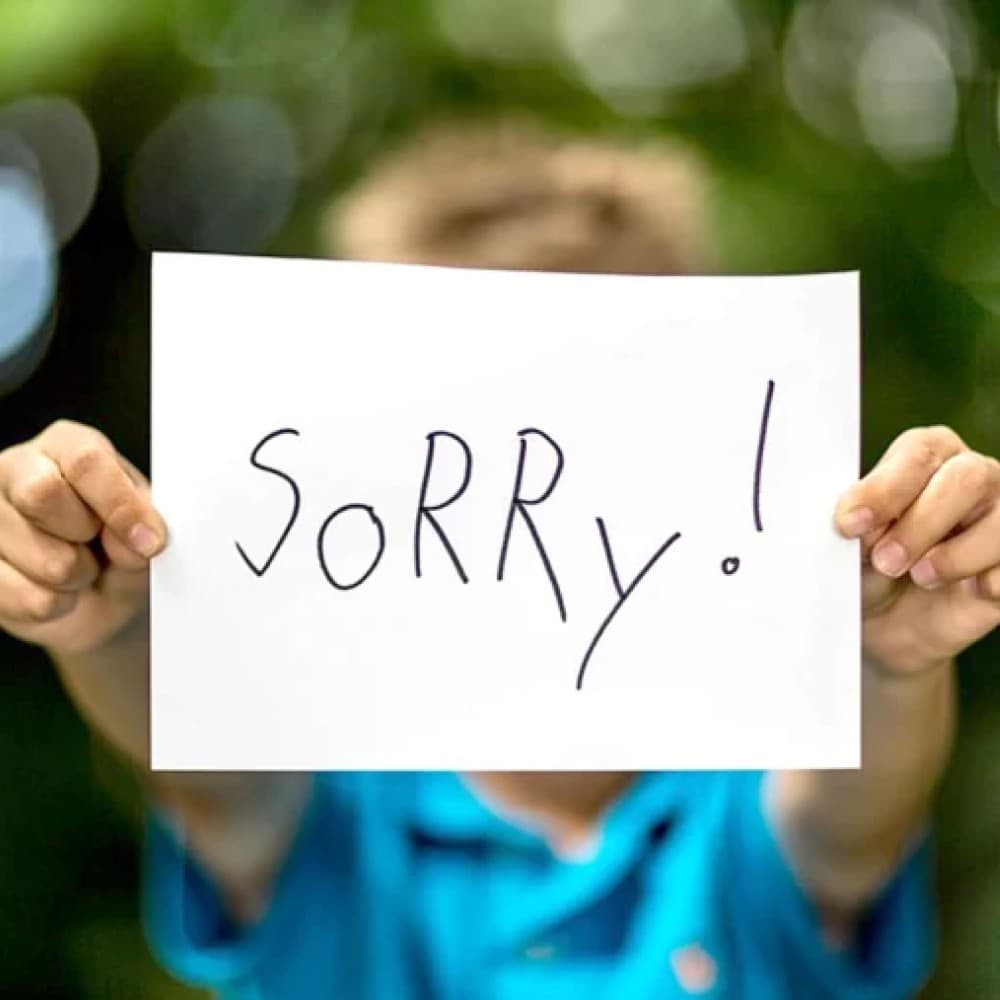
We can’t always keep our cool and be our best selves, even with the people we love most. But it’s never late to take a step toward healing or reconciliation. No matter who the wrong person is in the case, sometimes nothing works better to amend a relationship than a sincere and proper apology. However, it can make things worse if you mess up your apology. Here are a few great tips to apologize better and more effectively.
No Rush!

Sometimes, quick apologies don’t make sense. Instead of rushing to apologize, it’s always better to listen to the other person to understand how bad they feel about your actions. It may be uncomfortable for you, but active listening will help you understand the full impact of your hurtful actions. It will also give you enough insight to make your apology more sincere, heartfelt, specific, and of course, effective.
Preparing in Advance
Not everyone communicates in the same way. So, if you want to be forgiven by someone you’ve offended, connect to them through their comfort zone, not yours. It can be over the phone, via texts, in person, or in a video medium. So, prepare your apology accordingly and in advance. It’s better to organize your thoughts first by writing your apology to get it right. While this can’t guarantee forgiveness, it’ll surely help smooth things over.
Being Detailed and Specific

Sometimes, declaring only that you’re sorry isn’t enough for the person you’ve hurt badly. So, it’s better to take the time to listen to the person about why they’ve felt hurt, and mirror that regret when you apologize to them. If there was something unavoidable on your part, explain it, and then show the ways you’re willing to repair the damage. Also, ensure the person that you’re going to take steps to avoid making the same mistake ever again.
An Apology Isn’t a Debate
Really! When you turn your apology into a debate, you’re doubting or undermining someone’s hurt feelings. And that means you’re not taking responsibility for your own mistake. We know that it’s the general impulse to defend ourselves or it’s tempting to turn an apology into a chance to rehash old objections. But the main point to apologize is to put the other person’s feelings first. So, be declarative, not ambivalent or arrogant.
Actions Speak Louder Than Words

An active solution addresses a grievance better and heals a rift quicker than a bunch of eloquent verbal regrets. If your apology doesn’t reflect in your further actions, then it’s worthless. Even the other person may question your intentions! So, if you want a way to back in, alongside carefully chosen apologetic words, offer a solution or validation to compensate for the suffering you’ve already caused.
Be Patient
Healing a relationship that’s gotten sour requires repeated attempts. So you need to be patient after you apologize. Never hold yourself back from doing your best to make amends, even when a complete reconciliation isn’t certain. And once you express your regrets, don’t expect immediate forgiveness. Instead, keep your heart open with the belief that you’ll be forgiven one day if you keep trying.